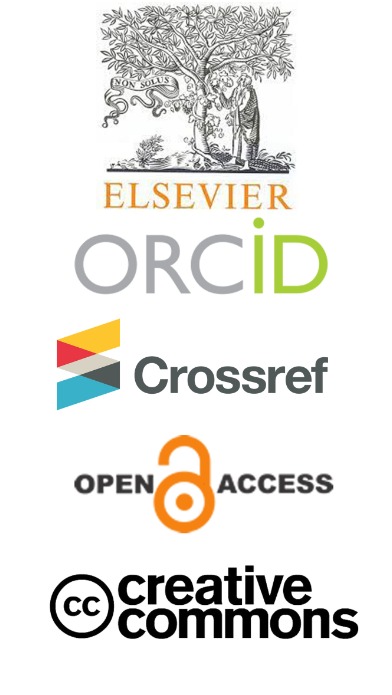Genetic Algorithms and Evolutionary Computing in Python
DOI:
https://doi.org/10.48047/resmil.v9i1.23Keywords:
Pyevolve,Machine Learning,Artificial Intelligence,Iterative Process,Selection,Crossover,Mutation,Solution SpaceAbstract
Genetic Algorithms (GAs) and Evolutionary Computing (EC) constitute innovative approaches in fixing complicated optimization and seek problems, drawing notion from the concepts of natural evolution. These techniques are widely hired throughout numerous domain names, inclusive of optimization, gadget mastering, and artificial intelligence. In Python, a versatile and popular programming language, implementing genetic algorithms and evolutionary computing is made available via libraries inclusive of DEAP (Distributed Evolutionary Algorithms in Python) and Pyevolve. The center concept in the back of those algorithms includes mimicking the technique of natural choice to iteratively evolve a populace of potential answers closer to an optimal or close to-top-quality solution. This iterative system, such as choice, crossover, and mutation operations, lets in genetic algorithms to efficaciously discover the answer area and find out solutions that is probably difficult to discover through traditional strategies. This abstract provides a glimpse into the interesting realm of genetic algorithms and evolutionary computing in Python, highlighting their applicability, versatility, and the ease with which they may be applied for fixing numerous problems in the realm of optimization and past.
Downloads
Published
How to Cite
Issue
Section
License

This work is licensed under a Creative Commons Attribution-ShareAlike 4.0 International License.



